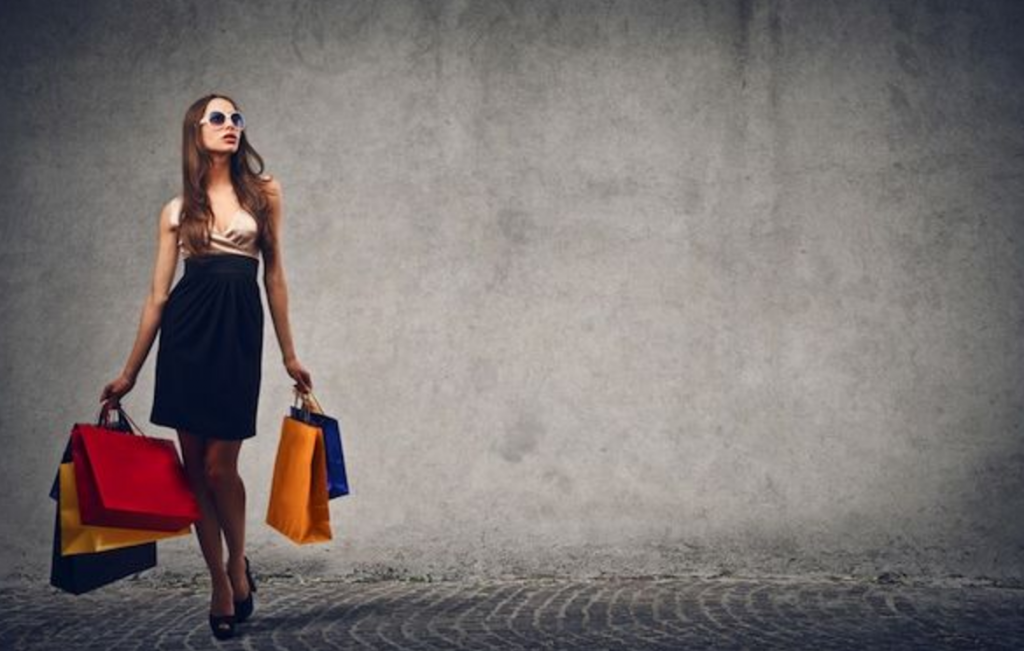I’ve obviously contemplated this a bit. I personally don’t buy very much, but I sell things.

Most of my wares are electronic and are educational tools to assist consumers to, in fact, consume less and, importantly, waste less.
I sell printed books, too. How do I sit with that? Quite well. Books are not disposable. They’re shareable (indeed, my books have been the most requested in Australian libraries for several years running). And if they’re written mindfully (as I like to think mine are), then they will be consumed mindfully.
I also sell a range of bake-at-home products and cooking basics at supermarkets. How does this sit for me? Comfortably, too. You can read more here about the principles I adhered to in producing such a range.
I was propelled to this train of reflection after reading a profile of Patagonia founder Yvon Chouinard. The outdoor gear creator is anti-consumption, pro-environment, too. But he weaves an interesting path through it all. What do you think of these observations?
* A few years back, Patagonia blatantly discouraged their customers from buying their products. They had an ad campaign that read “Don’t Buy This Jacket”, advising people, “Don’t buy what you don’t need”.
* Their “Well Worn” campaign published 40 free repair guides for popular items in late 2015 (just before Black Friday and the Christmas season), in an effort to get shoppers to repair rather than buy new. The guides detail how to replace a jeans button, patch a down jacket, and satin stitch a shirt tear.
* If customers are still unsure on how to fix something, they can take it to a Patagonia store. The company has trained all its staff to handle simple repair jobs. Patagonia operates the largest clothing repair facility in North America, and expects to repair more than 40,000 items this year.
* They communicate to customers the cost of buying new, pointing out, “The environmental cost of everything we make is astonishing.” Manufacturing and shipping one of their jackets takes 135 litres of water and generates 20 pounds of carbon dioxide.
* Chouinard promotes an engagement with, not fetishisation of, nature approach to The Great Outdoors. So, he hunts. But to access food he will eat.
* He hates the whole Outside magazine aesthetic (of all gear over having a genuine idea about getting down and dirty with nature). I tend to be much the same. Why do you need fancy fabrics and shoes to connect with dirt and trees?
* Patagonia has been known for promoting “Fly fishing, not bass fishing. Long-haul trucking, not delivery-men. Surfing, not waterskiing. Upland bird hunting, not deer hunting. Gardeners, not survivalists.” Sensible thinking that bucks the convenient and demonstrative notion of environmentalism.
* He doesn’t invest on the stock market because he doesn’t trust it. He invests directly in second-growth timberland to protect salmon and steelhead watersheds. He also gives half his salary to charity.
The message I take from Chouinard is that being alive and conscious to what you do is what matters. The landscape of ethical living shifts constantly – at times eating almonds and avocados are a wise choice, at others they’re not. Driving a Prius is not necessarily the most eco car choice you can make. The worst thing we can do is hypocritically sink into catchcryism and lazy mantras. This is not what giving a shit is about.
Also, this. We do still have to live and consume to do so. We will have to make decisions that compromise at times. We do have to consume. Our challenge is to pave the most conscious path through it all. Doing so is meaningful and spirited, I find.

